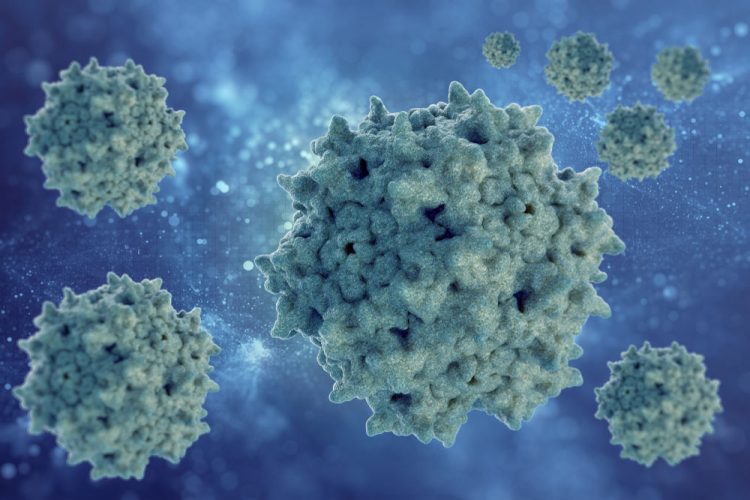Oligonucleotide therapy helps to prevent chronic hepatitis B
Bepirovirsen, an antisense oligonucleotide therapy aided in long-term prevention of chronic hepatitis B in patients on and not on nucleoside/nucleotide analogues in a Phase II trial.
GSK has announced study results from its Phase IIb trial (NCT04449029) of bepirovirsen for chronic hepatitis B (CHB), indicating that the antisense oligonucleotide therapy could help treat CHB independently or in combination with nucleoside/nucleotide analogues (NAs).
Bepirovirsen demonstrated clearance of hepatitis B surface antigen (HBsAg) and hepatitis B virus (HBV) DNA long term, in patients on concurrent NA and those not-on-NA therapy. The current treatment for the condition includes NAs, often taken for life due to their ability to suppress the virus.
Chris Corsico, Senior Vice President of Development at GSK: “Today’s results from the study are a promising step forward… We look forward to confirming these findings for bepirovirsen in our Phase III study starting next year, [and] exploring potential sequential therapy options with the aim of helping more people living with chronic hepatitis B achieve functional cure.”
The trial investigated the efficacy and safety of 12 or 24 weeks of bepirovirsen treatment on stable NA treatment or not-on-NA treatment at study start. A loading dose of Bepirovirsen was given at day 4 and 11. A dose of 300mg per week was administered for 24 weeks, resulting in 9 percent of patients on NA and 10 percent of patients not-on-NA, achieving HBsAg levels below the Lower Limit of Detection (LLOD) and HBV DNA levels below the Lower Limit of Quantification (LLOQ). Patients with low baseline hepatitis B surface antigen levels responded best to treatment. The findings showed 16 percent of patients on NA and 25 percent not-on-NA achieved appropriate LLOD and LLOQ levels.
Further data on the chronic hepatitis B clinical trial
The research investigating Bepirovirsen was made up of two parallel cohorts. One for patients receiving NA treatment and the other for patients not-on-NA. Volunteers were randomised into 1 of 4 treatment arms within each cohort:
- Arm 1: 300mg with a loading dose for 24 weeks
- Arm 2: 300mg with a loading dose for 12 weeks then 150mg for 12 weeks
- Arm 3: 300mg with a loading dose for 12 weeks then placebo for 12 weeks
- Arm 4: Placebo with a loading dose for 12 weeks then 300mg Bepirovirsen without a loading dose for 12 weeks.
There were no safety signals to prevent further development. Adverse events (AEs) leading to treatment discontinuation occurred in 17 participants, with 0–4 percent frequency in participants on-NA, and 0–7 percent frequency in participants not-on-NA. Serious AEs (SAEs) were reported in six (3 percent) of participants on NA and 11 (5 percent) of participants not-on-NA. One SAE in the on NA and three in the not-on-NA population were considered related to treatment.
To obtain data on the drug’s long-term durability, trial participants will be investigated for an additional 33 months. Patients who continue to have no serologic evidence of HBsAg or HBV DNA will have the option of stopping NA therapy, offering the possibility of a functional cure.
Results of the Phase IIb trial have been published in the New England Journal of Medicine and will be presented at the American Association for the Study of Liver Diseases’ (AASLD) Liver Meeting 2022.










